
The total size of the Indian commodity market is Rs. 92.23 lakh crore. If this figure excites you, continue reading this article about the types of commodity markets and the benefits of commodity trading.
Commodity trading is the buying and selling of raw commodities, metals, etc. Broadly speaking, there are two types of commodity markets in India. These are Spot Markets and Derivatives.
Spot markets are also called physical markets or cash markets, where traders exchange commodities for instant delivery. The Derivatives Market comprises Futures and Forwards. These instruments use the spot market as the underlying asset to allow users to buy or sell the asset at a predetermined price on a fixed date. Upon the expiry of the contract, the traded asset is delivered physically.
While a Futures contract is regulated and can be traded only on exchanges, a Forwards instrument can be bought or sold over the counter and customized. Now let’s get to know the list of commodities traded in India.
Watch this video to understand the basics of commodity derivatives –
Types of commodities traded in India
You can classify the commodities into two types- Hard and Soft. Hard commodities are those that have to be extracted from the Earth. These include metals and minerals, such as gold, silver, copper, etc. Even crude oil is considered a hard commodity.
Soft commodities are essentially food grains, edible oil, meat, and livestock.
The types of commodities traded in India are gold, silver, Palmolein, castor seed, crude palm oil, mentha oil, rubber, cardamom, black pepper, etc. You can also trade in cereals, fibers, energy and gas, oilseeds, and other metals in India.
Since commodity trade in India is driven by exchanges, every exchange allows only specific commodities to be traded. For example, you can trade in energy only on the Multi Commodity Exchange. What is the list of commodities traded in India?
List of commodities traded in India
- Metals- Gold, Silver, Copper, Zinc, Lead, Nickel, Brass. Some exchanges list gold and silver in the Bullion category.
- Agricultural Commodities- Crude oil, Palmolein, Castor oil, Mentha oil, Rubber, Crude Palm Oil, Rubber, Black Pepper, Cotton, Kapaas, Guar, etc.
- Foodgrains- Maize (Kharif/ South), Maize (Rabi), Chana, Moong, Barley, Wheat, Paddy (Basmati), etc.
- Sugar.
- Spices- Pepper, Jeera, Coriander, Turmeric, etc.
- Energy- Natural Gas, Crude oil.
Some commodity exchanges classify Guar, Kapaas, and Cotton as fibers.
List of most traded commodities
The top traded commodities in India in the Agri category are:
All figures are in lacs.
Cotton 1848680.39
Mentha Oil 101022.63
Rubber 9447
Kapaas 7195.69
Please note these are MCX figures and may change over time.
If you consider the Base Metal Contracts, the top traded commodities are:
Copper 2987589
Nickel 1765229
Zinc 1440822
Aluminum 713385
Lead 608054
The top traded bullion metals on MCX are:
Gold
Silver
SilverM
SilverMic
GoldM
GoldPetal
GoldGuinea
Please note that other exchanges have different lists of most traded commodities.
Participants of commodity market
The commodity speculators are also called intra-day traders. These players may try to exit their short or long positions the same day or after a few days. Speculators are direction-agnostic, meaning they trade according to the momentum of the market. They rely on technical charts and fulfill an important role in the commodity markets. Without the speculators, there would be no liquidity in the market.
Directional margin traders take a lingering view of the market compared to the speculators. On the other hand, the spots arbitrageurs even out the various inefficiencies in the commodity market.
What benefits does one get by trading in commodities
There are several reasons why you should invest in commodities. First, commodity trading benefits from inflation. In an inflationary scenario, the prices of raw materials and commodities increase, which directly helps traders book profits.
You can also hedge your commodity portfolio against a declining dollar and save your assets.
Traders can also take advantage of uncertain geopolitical events such as wars and famines. During these events, the supply of goods gets constricted, and you can make big profits from the resulting shortages.
Major commodity exchanges in India
An overwhelming 99 % of all commodity contracts are controlled by the following exchanges:
- Multi Commodity Exchange of India, also known as MCX
- National Commodity and Derivatives Exchange of India
- National Multi Commodity Exchange
- Indian Commodity Exchange
- Universal Commodity Exchange, Limited
- Ace Derivatives and Commodity Exchange Limited
The MCX is the top global exchange for gold, silver, natural gas, and crude oil trading. In fact, 85% of MCX’s turnover comes from gold, silver, copper, and crude oil.
Important points to note while trading in commodities
New investors should trade in liquid contracts, such as bullion, oilseeds, metals, and energy. The reason for that is the Indian commodity market is still evolving and will take some time to catch up with the international exchanges.
Secondly, investors should develop a habit of squaring off their positions before expiry. If you don’t want physical delivery, you should wind up the position or roll over to the next month.

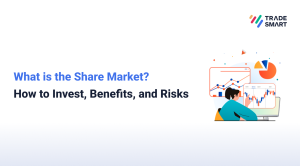

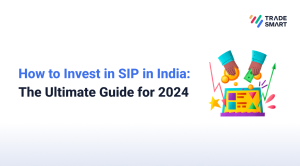
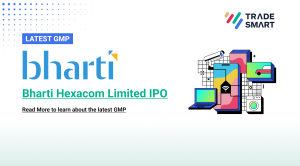
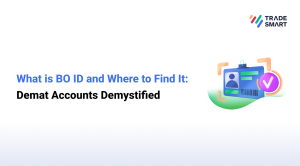
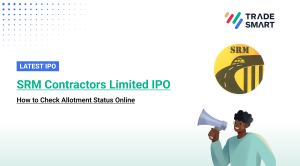
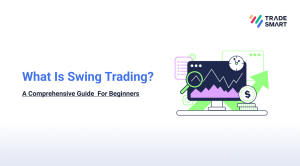
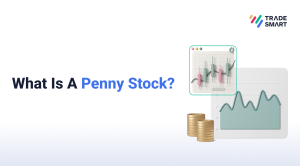
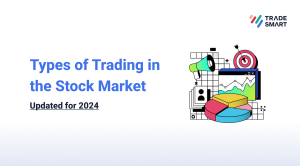
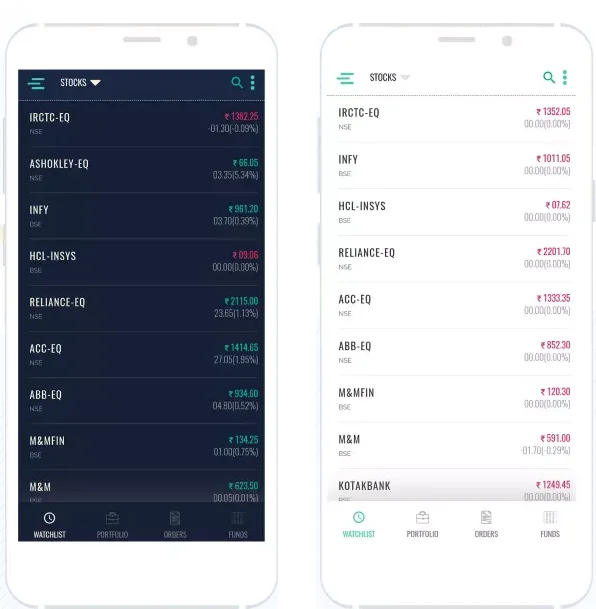

[…] of varieties of pulses are grown in more than 170 countries around the world. From the massive commodity trades to the local market near you, pulses are everywhere on this […]
Thank you for the detailed description of the commodity market in India. This blog contains a list of the different types of commodities, while also mentioning the most commonly traded commodities in India. The research and verification is done well for this blog. You will get to know about the participants, the major commodities exchanges, and benefits of trading commodities in India.
For more information visit:- https://www.indiainfoline.com/demat/investment-products/commodity-and-currency-trading
[…] Source link […]
[…] Source link […]
[…] Source link […]
[…] Source link […]